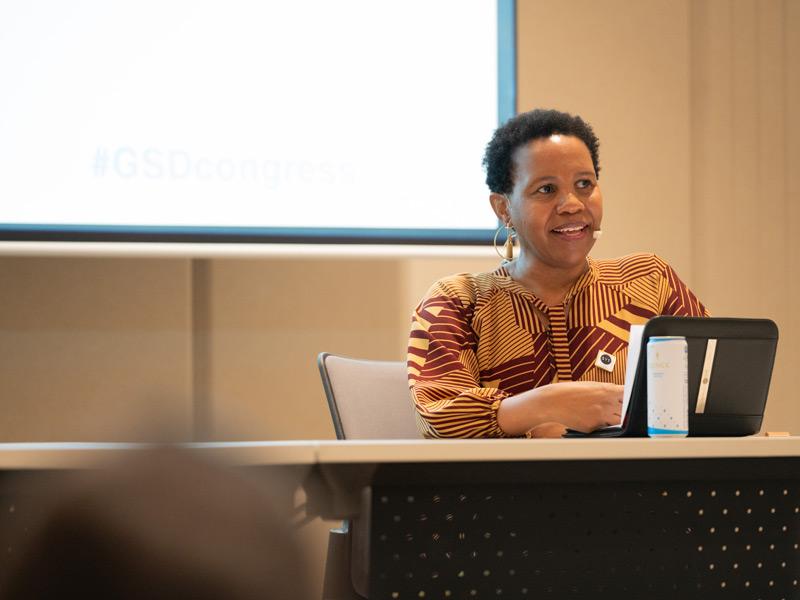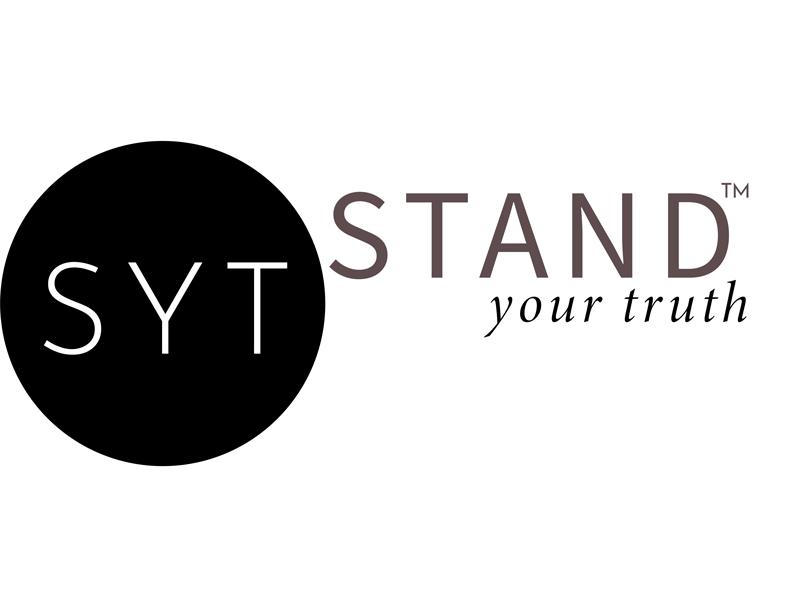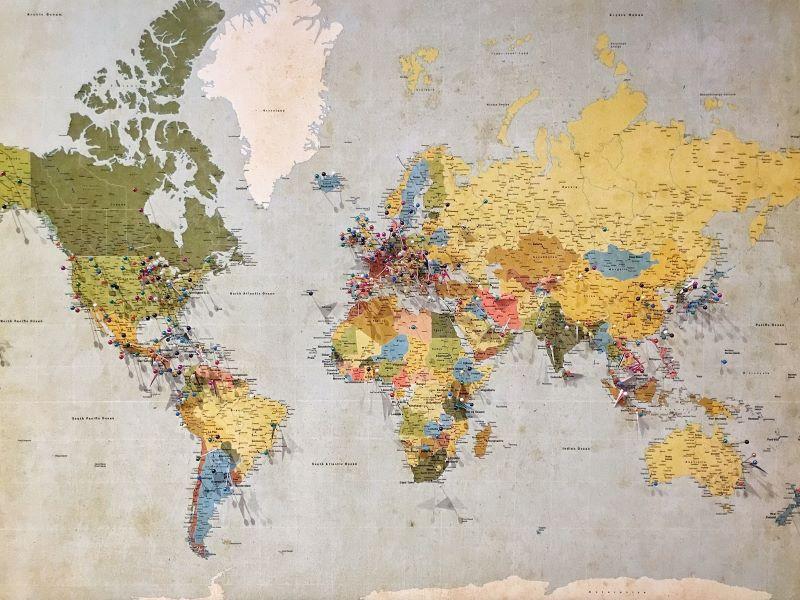
Pursuing values in higher education through the curriculum
Stand Your Truth is an organisation offering individuals new forms of curricula centred on purpose, vision and service

There is a strong relationship between curricula, individual empowerment and the UN’s Sustainable Development Goals (SDGs), but it is one that is not always appreciated. This is the focus of a new report, created collaboratively by THE and Stand Your Truth, an organisation set up to tackle social ills. During a discussion at the 2024 THE Global Sustainable Development Congress in Bangkok, the report was formally launched and it outlined how universities could support their students’ individual life journeys, contribute to achieving the SDGs and empower sustainable transformation through curricula.
“The findings in the report give you an understanding of the global distribution of performance in terms of the SDGs,” explained Ishan Cader, director of consultancy at THE. “They highlight the vitality to be found in the Global South and the need to build resilience in terms of well-being and sustainable citizen mindsets.”
Also in the report is an explanation of the three stages of the Stand Your Truth curriculum: purpose, vision and service. Breaking the curriculum down, THE conducted a mapping exercise, exploring which SDGs it spoke to. In total, six were identified: good health and well-being (SDG three), quality education (SDG four), gender equality (SDG five), reduced inequalities (SDG 10), sustainable cities and communities (SDG 11), and peace, justice and strong institutions (SDG 16).
“I was moved by the displacement of our age,” said Mandisa Mndela, the founder of Stand Your Truth. “The lack of a sense of purpose around our existence also led me to create the curriculum. I witnessed people chasing expensive papers, sacrificing their moral standards and human dignity to do so. As a result, I saw our graduates sitting on pavements and people unable to connect their degrees to who they were and what they were here for.”
The Stand Your Truth curriculum has been established to support the student journey in higher education and help create a sustainable citizen. It is about preparing the students for service. It is not about creating the mindset that views a university degree as simply for status or employment.
“I created the Stand Your Truth curriculum because the system was creating mentally exhausted people who were emotionally empty,” Mndela continued. “Today, we see many brilliant, learned people who cannot connect with service. As a result, we’re short of leaders who understand what is happening on the ground.”
Many students face a lack of purpose and are unable to find themself in what they are studying. Many are simply doing what they are told – and forced obedience cracks at the slightest pressure. There is a lack of learners pursuing something for the betterment of themselves and the collective, which is why developing a better understanding of the self among students is the starting point of the Stand Your Truth curriculum.
“Universities have to revisit the structure of the education system, right down to its very foundation,” Mndela added. “Institutions need to reflect on whether their offerings remain relevant to the times we live in and what needs to be changed, enhanced or removed. This needs to be done through partnerships, especially through organisations working at the grassroots level. All the esoteric knowledge in the world is meaningless if we cannot embody it in our personal lives.”
The panel:
- Ishan Cader, director of consultancy, Times Higher Education
- Mandisa Mndela, founder, Stand Your Truth
Find out more about Stand Your Truth.

